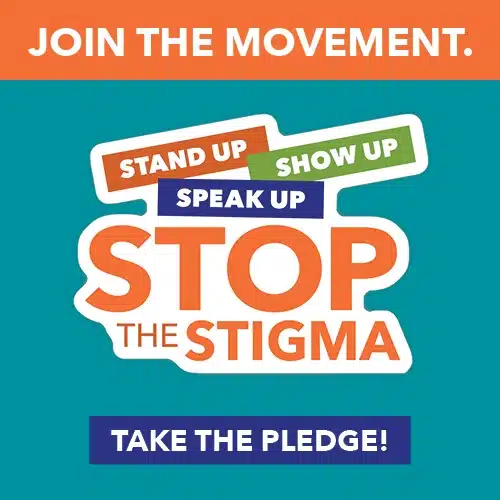Mental health concerns can be difficult to identify in others. Despite a perception as rare, mental health conditions are common and widespread today. According to Mental Health America, an estimated 44 million Americans suffer from some form of mental health disorder in a given year. If you are concerned that someone you love may be struggling with their mental health, there are some signs you can look out for.
Behavioral Changes
If someone you love is experiencing challenges with their mental health, they may start to behave differently than usual. They may suddenly become withdrawn, such as avoiding social situations or isolating themselves from friends and family. Some individuals may stop participating in activities they once enjoyed, such as hobbies or sports. They may also become more irritable or aggressive, lashing out at others for seemly small reasons.
Mood Changes
Mental health issues can also cause changes in mood. They may appear sad, anxious, or angry more often than usual. Sudden and intense mood swings can occur, fluctuating from happy one moment to sad or angry the next.
Changes in Appetite or Sleep
Appetite and sleep patterns are two key ways to identify changes in a loved one. For example, they may start sleeping more or less than usual, or they may have trouble falling or staying asleep. Keep an eye out for changes in appetite, either eating more than usual or losing their appetite altogether. These changes can lead to weight gain or loss.
Difficulties Concentrating
Changes in work or school performance is an element of shifting mental health. If someone is struggling with their mental health, they may have trouble concentrating on tasks or making decisions. They may experience difficulties with memory or express feelings of being in a “fog” or a “daze.” These challenges can affect their abilities at work or school, causing them to feel frustrated or overwhelmed.
Loss of Interest in Personal Hygiene
Personal care often takes the backburner when someone is struggling with their mental health. They may neglect aspects of their personal hygiene, such as a decrease in regular showers or no longer brushing their teeth. This can be a sign they are struggling to take care of themselves both physically and mentally.
It is important to remember that everyone experiences mental health differently, and not all of these signs may be present in someone you love. If you notice significant changes, consider having a conversation with them about it. Sharing your love and support for their wellbeing, or guiding them in the process of seeking professional help can make all the difference.
If you or someone you love is struggling, consider speaking with a professional to help. Oaks offers caring, compassionate programs for adults, children and families living with a mental illness. Our programs throughout New Jersey give individuals the opportunity to make healthy choices, stabilize symptoms of illness and eventually reach his or her full potential. To learn more about Oaks services or schedule an appointment, call our Access Center at 1-800-963-3377.










